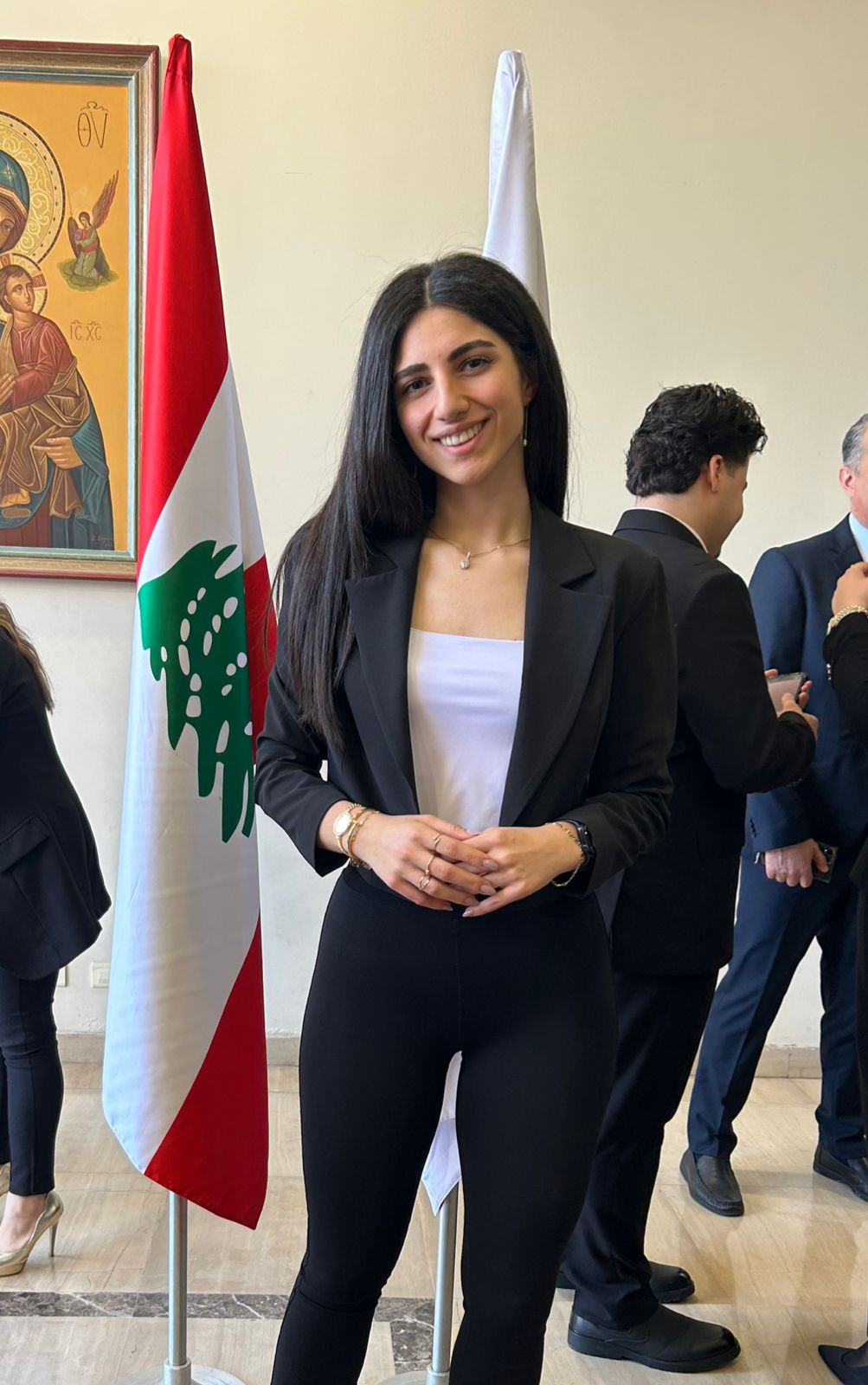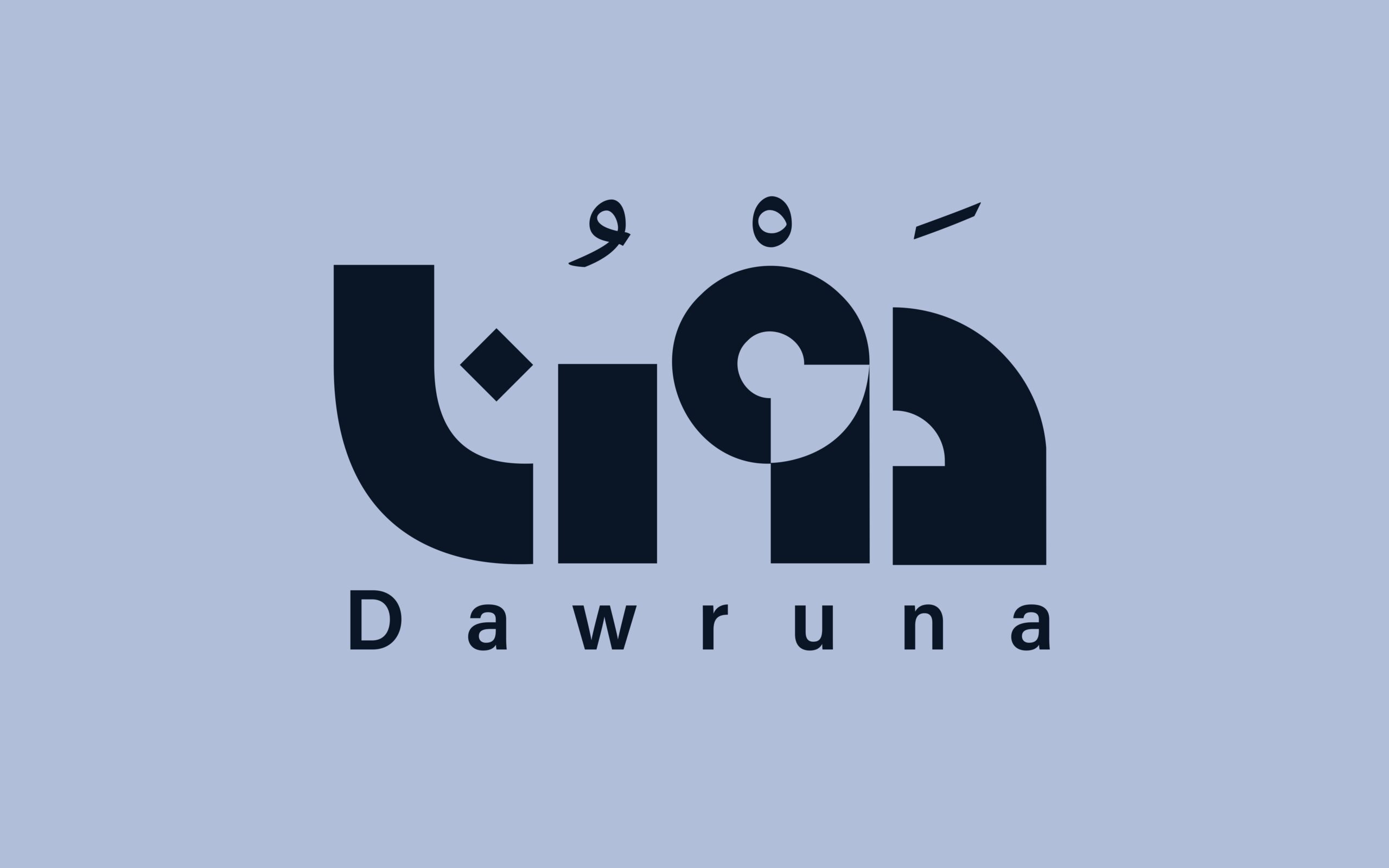My Experience in the Unite for Change Program: A Step Toward Real Change

Over the course of several months, my experience in the Unite for Change program was more than just a contribution to social work; it was a deep journey into understanding society, its needs, and the struggles of its marginalized groups. This program was a space of human intersection, where we were not only offering support but also learning, being affected, and growing together.
Our work in the program was divided into several paths, each focusing on groups that have long suffered from marginalization—among them, persons with disabilities, the LGBTQ+ community, and undocumented individuals (those without official registration). Each group came with its own set of challenges and its own voice—often silenced in the public sphere. But in Unite for Change, we sincerely aimed to be the echo that brings those voices back to their rightful owners.
When working with persons with disabilities, we did not see them as “the other” but as real partners in change. We designed initiatives to empower them, listened to them, and learned how to create inclusive environments. We strived to provide fair educational and professional opportunities and engaged with institutions to change exclusionary policies.
Our work with the LGBTQ+ community presented a doubled challenge. Breaking the silence around them required courage and a deep understanding of the pain they endure. We openly discussed their issues—from the right to safety to mental health—and organized awareness and advocacy sessions to challenge the stereotypes imposed on them by society.
One of the most sensitive focuses was on undocumented individuals—those born without official papers, and thus, without rights. We offered legal consultations and documented their stories with the aim of pressuring relevant authorities to regularize their legal status, recognizing that identity is not just a document, but an entire life awaiting acknowledgment.
I was not alone on this journey. My colleagues, many of whom belong to these very communities, were the most impactful voices. They were not just beneficiaries, but leaders in our projects. Their voices, experiences, and insights into what they themselves needed were the foundation of every successful intervention. I was proud to work alongside them and witness their ability to transform their suffering into tools for resistance and change.
What distinguished our work was that we did not just ask questions—we looked for practical solutions. Brainstorming sessions, workshops, media campaigns, and collaboration with civil society organizations were the tools we used to move from theory to action. We strived with all our energy to engage with social hardships up close—not as observers, but as participants in building real alternatives.
Today, as the program nears its end, I carry within me a new awareness and a deep conviction that change is possible when we work together, honestly, and with courage. Unite for Change was not just a volunteer experience; it was a rebirth for me as a social actor—
and more than that, as a human being who sees in every difference a chance for unity, and in every pain a drive for collective healing.
Lynn Hadi Daou
